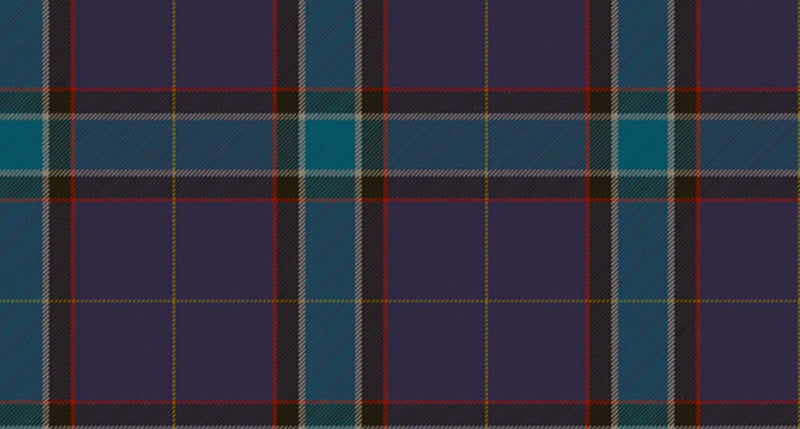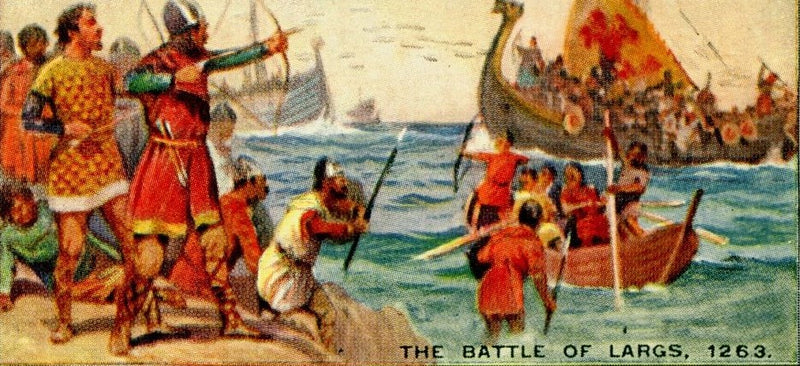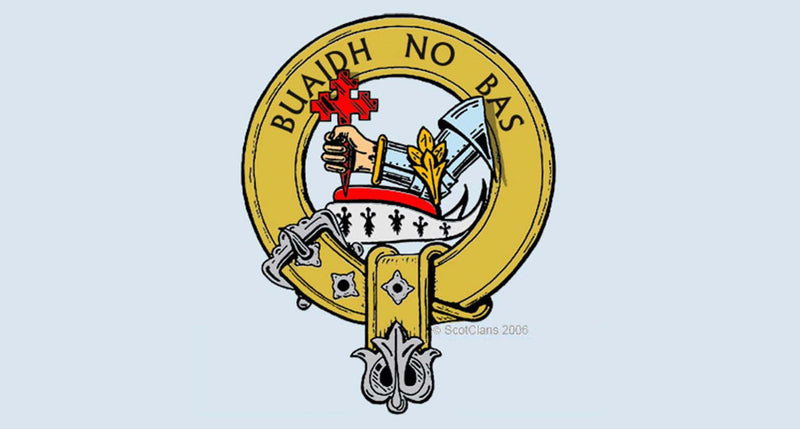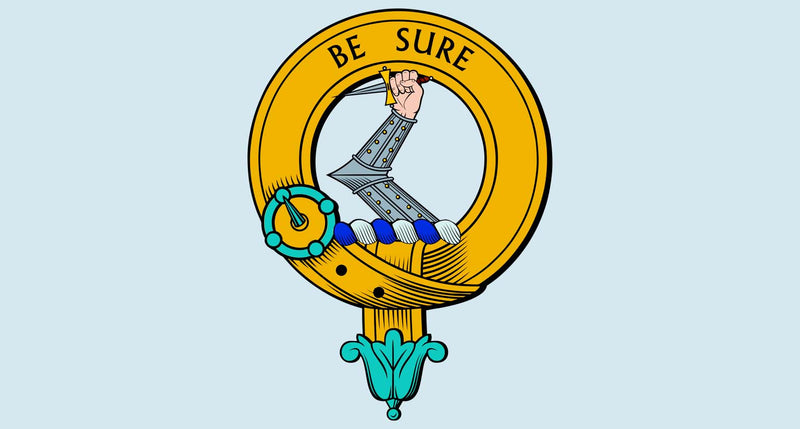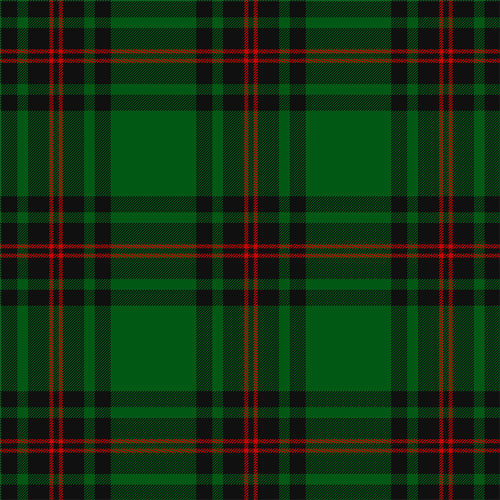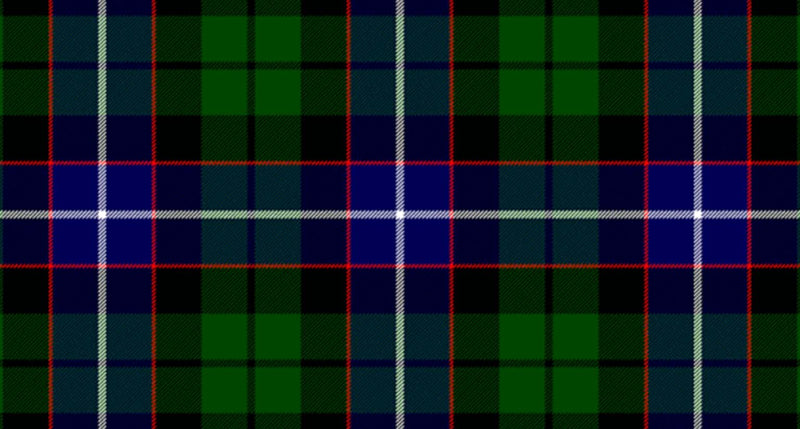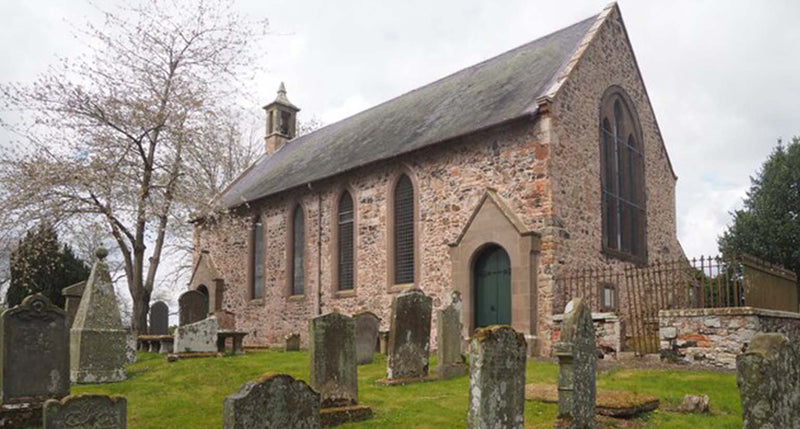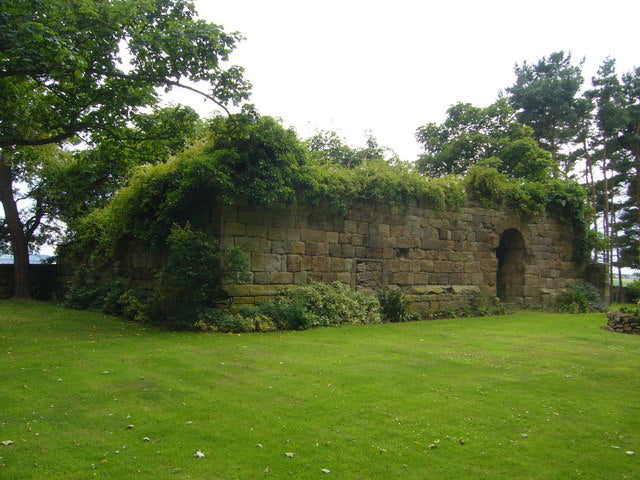Kirkcaldy Tartans Kirkcaldy Tartan These tartans are also appropriate: Fife District
Author Archives: Legen Dary
The family ‘de Boyville’ came to Britain from the Norman town of Beauville near Caen in the invasion of 1066 and settled in various locations. In particular Wales and Cumberland. In 1124 King David granted Hugh de Morvile the lands of Cunningham and Largs. He subdivided these lands among his relatives and so the de […]
MacDougall Clan Crest: Crest Description: (On a chapeau Gules furred Ermine) a dexter arm in armour embowed fessways couped Proper, holding a cross crosslet fitchee erect Gules MacDougall Coats of Arms: A note on Coats of Arms: Under Scottish heraldic law a coat of arms is awarded to an individual (with the exception of civic […]
Paisley Clan Crest Crest Description: A dexter arm from the shoulder in armour grasping a dagger, all Proper. Paisley Coats of Arms: A note on Coats of Arms: Under Scottish heraldic law a coat of arms is awarded to an individual (with the exception of civic or corporate arms) . There is no such thing […]
There is no registered Beveridge tartan, however, the clan can wear the Fife District tartan, which reflects where the Beveridge’s once held lands. Fife District
Russell Clan Tartans: Russell Tartan
Leslie Clan Crest Crest Description: A demi griffin Proper, armed, beaked and winged Or Leslie Coats of Arms: A note on Coats of Arms: Under Scottish heraldic law a coat of arms is awarded to an individual (with the exception of civic or corporate arms) . There is no such thing as a ‘family coat […]
Coming Soon
The surname Spottiswood, or Spottiswoode, is of territorial origin, coming from the barony of Spottiswood, in the parish of Gordon in Berwickshire. Robert de Spotteswode was the first person recorded with this surname when, in 1296, he signed the Ragman Roll, pledging his allegiance to Edward I of England. On his seal is a wild […]
Elphinstones were a noble and baronial family who’s name came from the place name of Elphinstone. There is a family tradition that claims that the Elphinstones are descended from Flemish knights called Helphenstein. Another theory suggests that the name is derived from Alpin’s tun, which means the farmstead of Alpin. John de Elphinstone (1200 – […]

